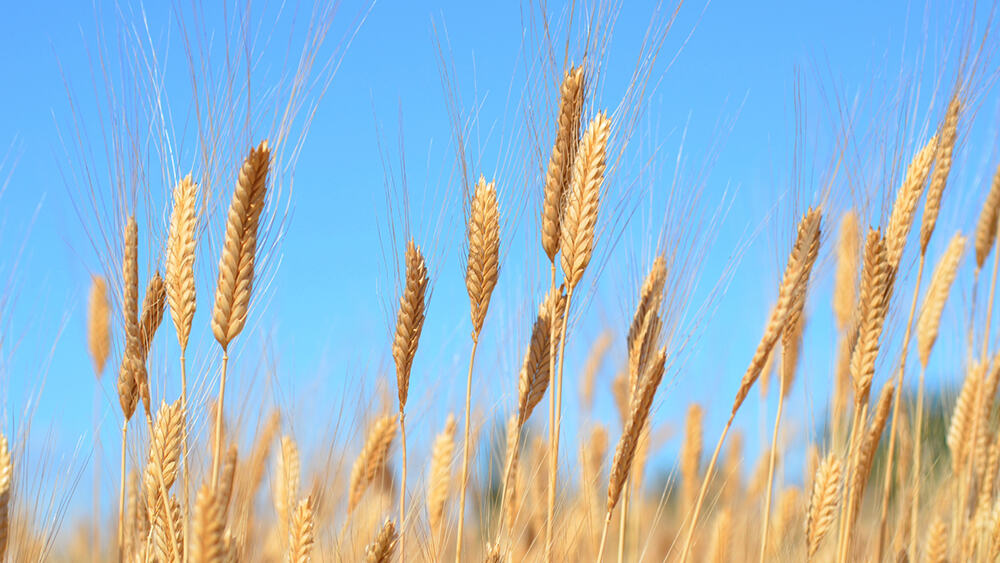2023
GIFS researcher supports international team effort to sequence earliest domesticated wheat genome

An initiative to sequence and characterize the genomes of wild and domesticated einkorn has found that about one per cent of modern bread wheat originates from the ancient grain.
A global team of scientists is looking to wheat’s past to help it grow into the future.
More than two dozen scientists have contributed to a project that that has sequenced and characterized genomes of wild and domesticated einkorn, the world’s first domesticated wheat species.
Dr. Raju Datla (PhD), program lead, resilient agriculture, at the Global Institute for Food Security at the University of Saskatchewan is one of the contributors to the initiative, providing molecular genetics and genomics expertise to support the analysis.
Their findings were published in Nature in early August.
“Though significant advances have been made in wheat species genomics, the species Triticum monococum (einkorn), representing the earliest domesticated wheat, was not defined yet,” said Datla.
“The research advances and findings described in this article will open several new opportunities for global and Canadian wheat improvement efforts.”

Dr. Raju Datla is the program lead, resilient agriculture,
at the Global Institute for Food Security.
Einkorn, which is still grown and consumed today, is a distant relative of modern bread wheat (Triticum aestivum). In the Nature article, the researchers find that about one per cent of modern bread wheat originates from einkorn.
“The insights gained from genome sequencing wild and domesticated accessions allow us to reconstruct the origin and evolution of einkorn,” said Datla.
This research adds to a growing body of knowledge regarding wheat genetics that includes other significant findings from researchers at the University of Saskatchewan. In 2020, a team, led by USask’s Dr. Curtis Pozniak (PhD), sequenced the genomes for 15 different wheat varieties. That initiative included contributions from GIFS’ Dr. Andrew Sharpe (PhD) and its Omics and Precision Agriculture Laboratory (OPAL).
These, and other findings, help to improve the efficiency of wheat-breeding programs, allowing researchers and breeders to more quickly identify useful genes and traits that can enhance crop production and resiliency.
“Einkorn, the diploid wheat species, represents significant diversity and genetic reservoir for a number of useful traits for climate resiliency, disease resistance and nutritional quality for applications in wheat breeding,” said Datla.
The international team of scientists includes researchers from the King Abdullah University of Science and Technology, the UK Biotechnology and Biological Sciences Research Council, the Consejo Nacional de Ciencia y Tecnología, the European Research Council and the United States Department of Agriculture National Institute of Food and Agriculture.
